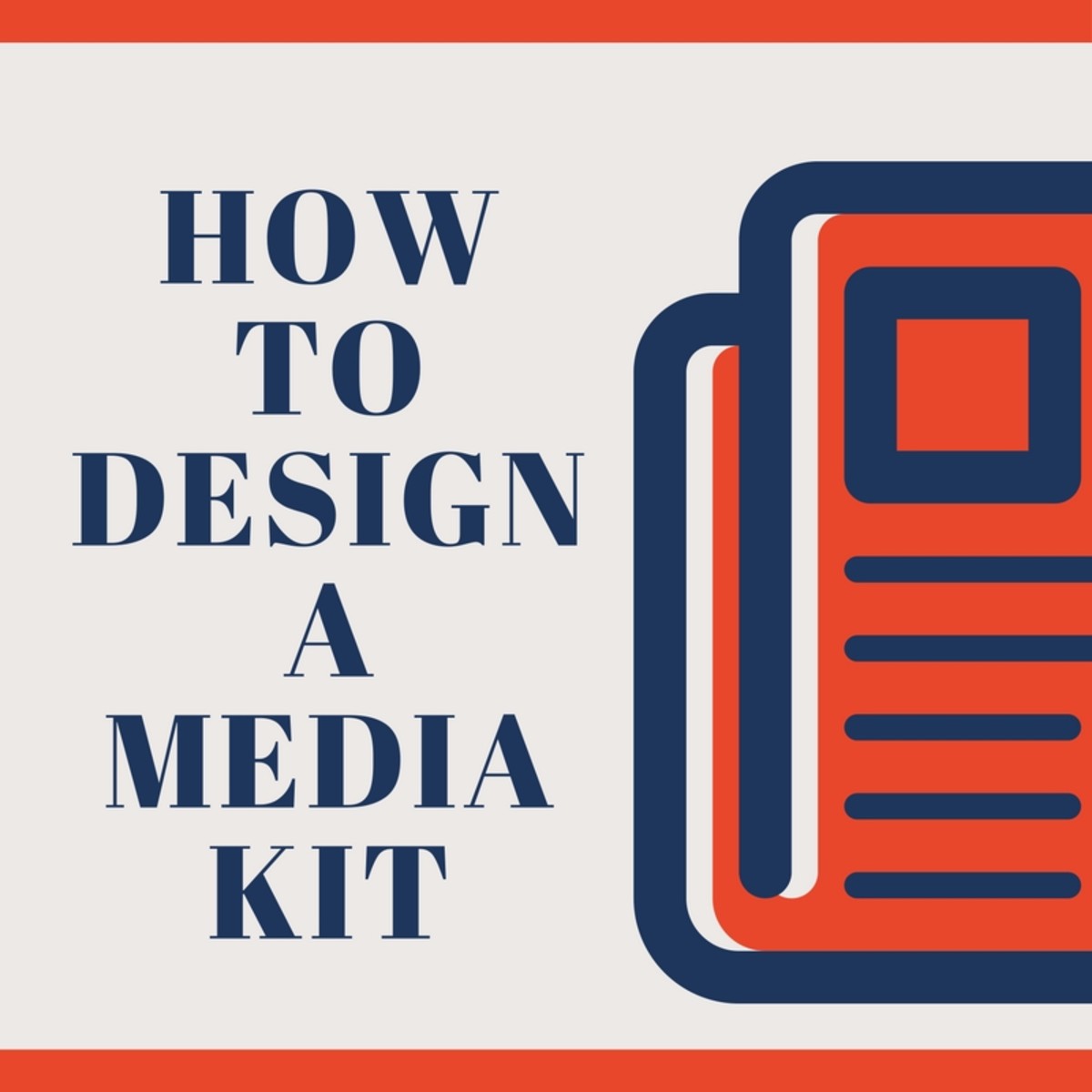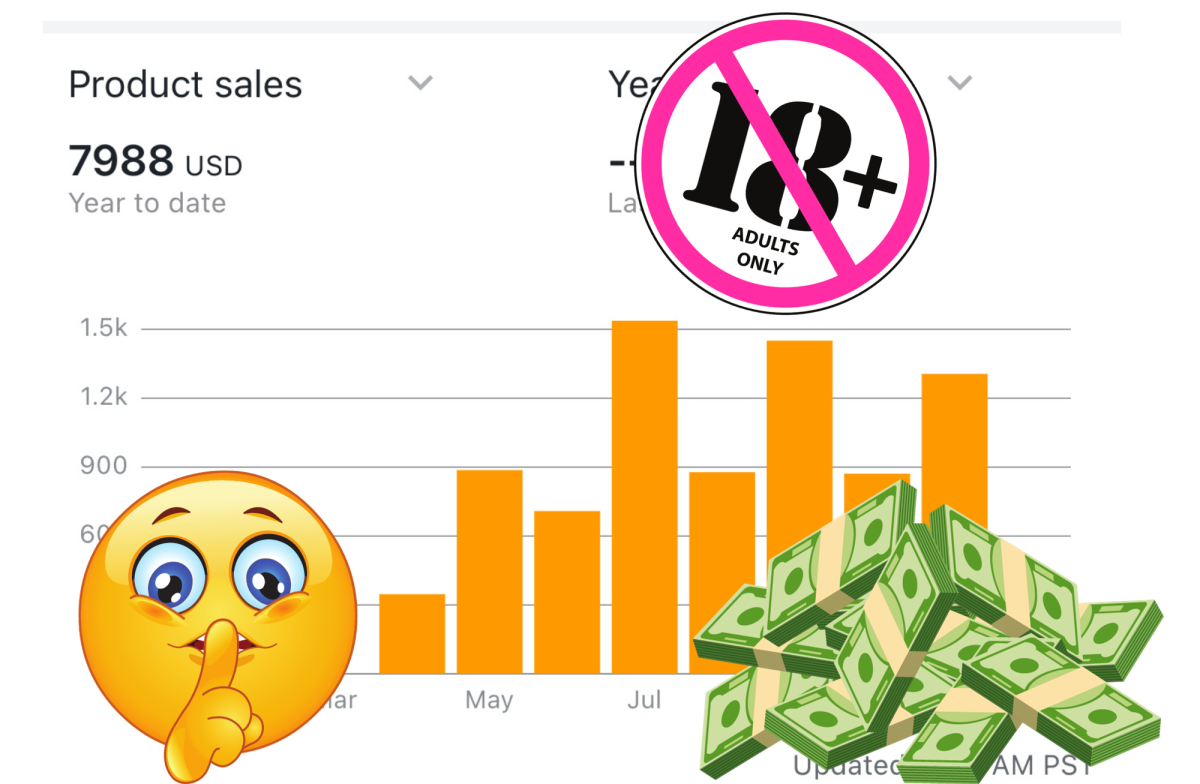Public Relations: Debunking Online Urban Legends
Choose from one of the examples in the text (Neiman Marcus, Mrs. Fields, Tommy Hilfiger) or select another well-known online urban legend related to an organization. Discuss the implications of the online false accusations to the organization’s reputation and brand. Analyze the ability of online users to share this false information repeatedly and create strong awareness for corporate untruths.
Consider the following questions as you construct your initial post:
- What should a public relations response be to an urban legend that has the capability to derail the organization’s customer relations and brand?
- Should an organization ever consider ignoring an urban legend? If so, why?
- Should an organization seek legal action in determining the source of the urban legend? If so, in what way do you feel that this action would help restore brand damages?
Elaborate on and fully support your positions.

For this forum I decided to focus on the well-known online urban legend related to Mrs. Fields. According to the textbook:
Mrs. Fields also outraged the populace when an email dispatch reported that she had sent a batch of her famous cookies to O. J. Simpson after he won his infamous 1990s murder trial. This is also totally false.
— Seitel, 2013, p.220This urban myth was centered on the idea that Mrs. Fields had sent cookies to O. J. Simpson after he won his 1990s murder trial. It took eight minutes for a single online urban legend to dethrone Mrs. Fields’s reputation (Meeks, 1999). Mrs. Fields decided to take action when the call for boycotts of the organization began to swell.
Four days after the online urban myth began Mrs. Fields sought help to locate the source of the myth from e-Watch (Meeks, 1999). The company known as e-Watch at the time was an independent publicly held data broadcasting company (Meeks, 1999). e-Watch was unable to track the original source of the myth, but it was able to highlight the main sources of the boycott (Meeks, 1999). After e-Watch provided Mrs. Fields with the findings the company contacted all of the sites e-Watch had located and informed them that the myth information they were broadcasting was untrue. Seven days after the incident had begun Mrs. Fields recovered its customers and succeeded in killing off the myth (Meeks, 1999).
Mrs. Fields demonstrated the correct way to handle an urban legend that has the capability to derail the organization’s customer relations and brand. The best way to handle this type of situation, as Mrs. Fields demonstrated, is with openness and honesty. All companies or organizations faced with a harmful urban legend should seek out those advertising the legend and explain the situation to them. An open and honest response often leads to the people who were advertising the legend helping to dispel it. However, there are times where it may be best for a company to simply ignore the urban legend and let it die off naturally. The times when it would be best to ignore the legend would be if the legend is doing no harm to the company as sometimes even negative publicity can be helpful. The only other time it would be best to ignore a legend would be if responding to it could inflame the legend or make the company look bad. Companies and organizations should avoid seeking legal action in determining the source of an urban legend unless the media attention that the legal action would bring would not cause a public interest in the urban legend. The only time that legal action would help to restore brand damages would be if the company or organization was seeking a public acknowledgement of the falseness of the urban legend.
References
Meeks, B. (1999, July 26). Policing the digital rumor mill | ZDNet. Retrieved August 3, 2015,
from http://www.zdnet.com/article/policing-the-digital-rumor-mill/
Seitel, F. (2013). The Practice of Public Relations(12th ed.). Harlow: Prentice Hall.
Neiman Marcus
I have been learning a lot for instance I had never heard of any of the urban legends prior to this week. I guess that means that these legends all eventually blew over. I feel that Neiman Marcus missed an opportunity to establish clear communication channels for employees and customers. If Neiman Marcus had a place where customers could go to communicate their concerns about the company than the company may have found out about the legend faster and been able to respond faster. If the company had a public relations professional on staff they may have not lost as much of their reputation as they did. A public relations professional would have been responsible for monitoring and keeping the company aware of content shared on the internet. A public relations professional might have also advised the company to make a more public response to the legend so that all their customers would know that it was a lie.
Tommy Hilfiger
Prior to this week I had never heard about the Tommy Hilfiger online urban legend. The reason for this might be that I’m not big on brands; I tend to buy clothes that look nice regardless of brands and I do not believe that I have ever shopped at Tommy Hilfiger. I agree with you that Tommy Hilfiger should have been much more public with the denial of the urban legend. Perhaps the company could have put up a poster on each of their stores explaining that that the legend was a lie. After this urban legend Tommy Hilfiger should have established clear communication channels for employees and customers to relay concerns before frustrations or mistruths can mount. If there had been a clear line of communication between the customers and Tommy Hilfiger than the situation might have been resolved faster. If Tommy Hilfiger had hired a public relations professional than he would have known about the situation faster because it is a public relations professional’s job to monitor and be aware of content shared on the web.






